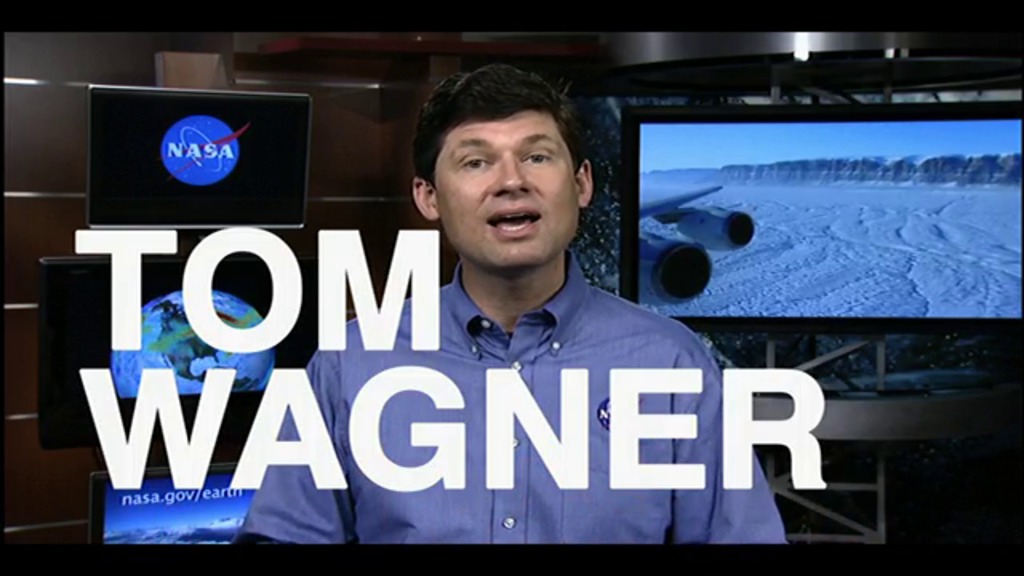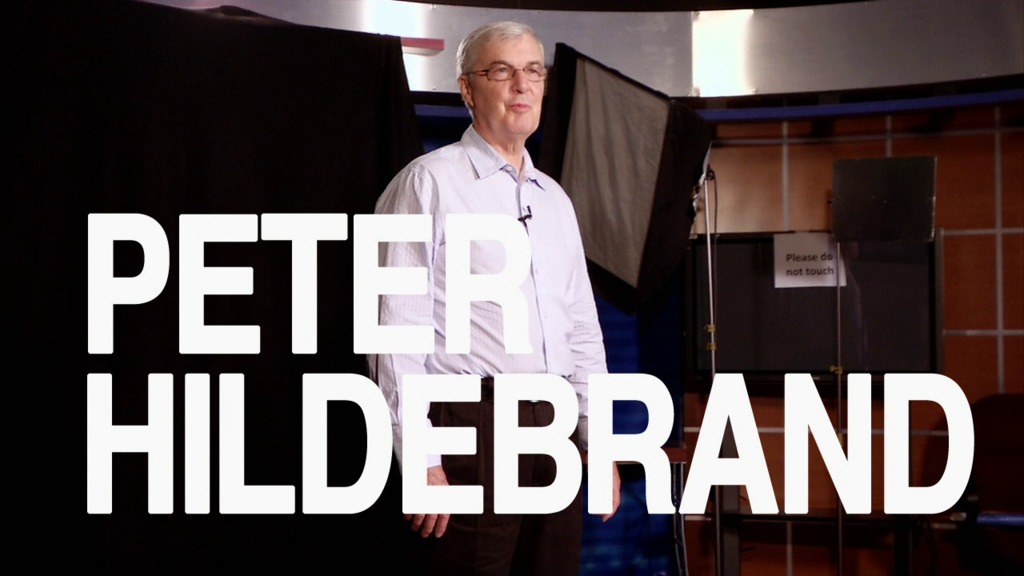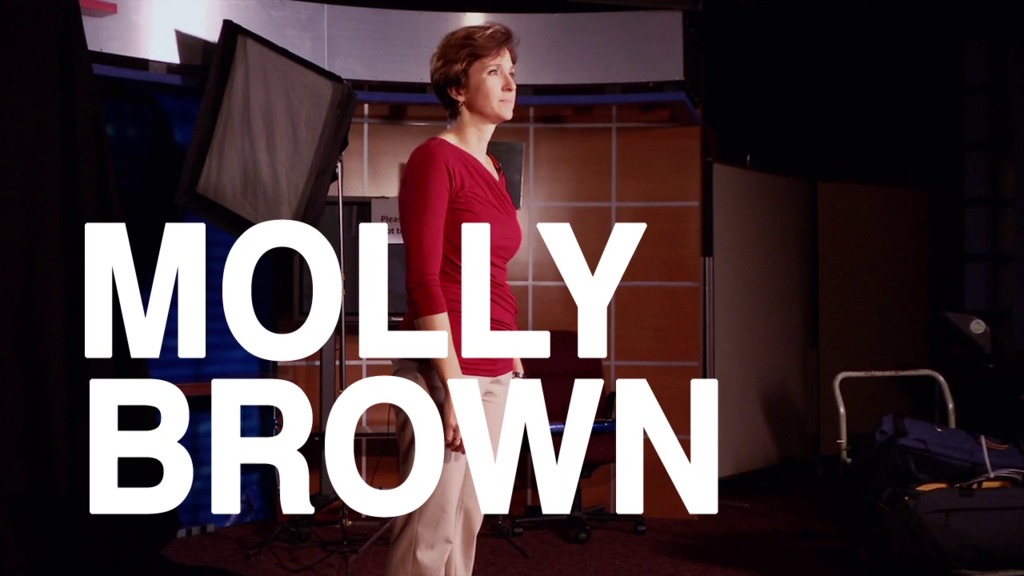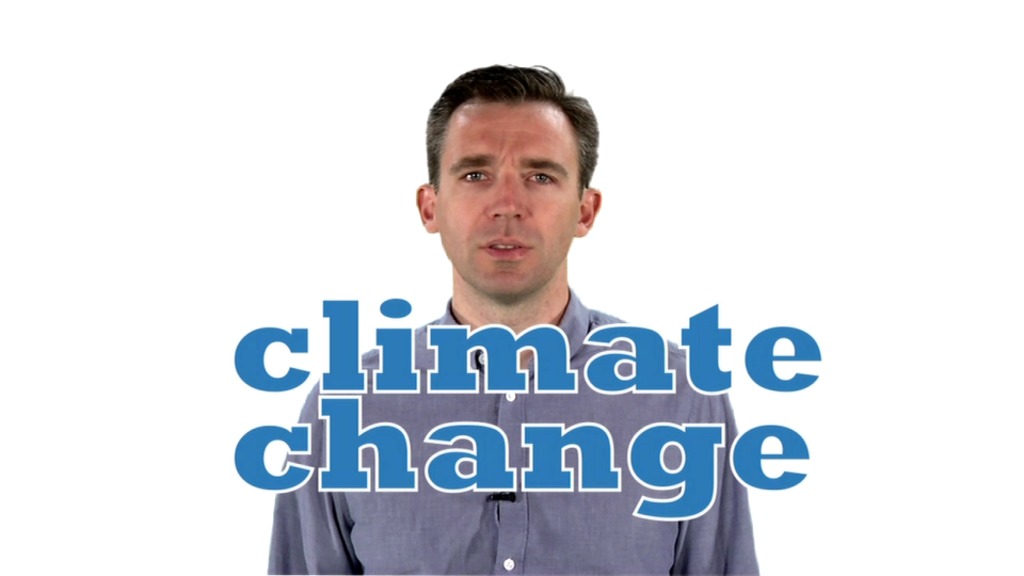Ask A Climate Scientist - Extreme Weather and Global Warming
Is the frequency of extreme weather events a sign that global warming is gaining pace and exceeding predictions?
Bill Patzert, a scientist at NASA's Jet Propulsion Laboratory, says the evidence that extreme weather events have been more frequent in recent years is definitely to the contrary. "The United States has always had extreme weather. We look back on our weather history. It's been punishing: floods, droughts, tornadoes, hurricanes, great forest fires.
"Is global warming happening? No doubt about it. We're living in a warmer world, we're living in a melting world, sea levels are rising. Now, direct evidence of the footprint or the fingerprint of global warming: we're seeing more frequent, more intense, and longer lasting heat waves. As far as hurricanes, tornadoes, forest fires, floods, and drought, the evidence is definitely not in. The consensus among almost all scientists is that it's a small fingerprint, not a large footprint.
"But what is true is that in this country, in the United States, we live in many areas with great risk to drought, to tornadoes, to hurricanes, and so part of the dialogue is not only extreme weather and global warming, but is the amount of risk we can tolerate. Now looking to the future, global change, global warming - it definitely is accelerating and it will have an impact on extreme weather, but at this point, not much."
See more of NASA's answers to your questions on climate science.
Is global warming having an impact on extreme weather events? At this point, says Bill Patzert of NASA's Jet Propulsion Laboratory, not much although it likely will in the future. See more of NASA's answers to your questions on climate science.
Credits
Please give credit for this item to:
NASA's Goddard Space Flight Center and NASA's Jet Propulsion Laboratory
-
Video editor
- Silvia Stoyanova (USRA)
-
Producer
- Matthew R. Radcliff (USRA)
-
Scientist
- William C. Patzert (NASA/JPL CalTech)
-
Videographer
- William A. Langley (NASA/JPL CalTech)
-
Writer
- Patrick Lynch (Wyle Information Systems)
Release date
This page was originally published on Friday, November 8, 2013.
This page was last updated on Wednesday, May 3, 2023 at 1:51 PM EDT.
Series
This page can be found in the following series:Tapes
The media on this page originally appeared on the following tapes:-
Ask A Climate Scientist
(ID: 2013077)
Wednesday, September 4, 2013 at 4:00AM
Produced by - Walt Feimer (HTSI)






